All Eyes on Istanbul Film Series #1: Muhsin Bey
For a new series on films prominently featuring Istanbul in different time periods, it seemed imperative that Yavuz Turgul & Şener Şen's masterpiece Muhsin Bey should be my first choice.
Until my mid-twenties I wasn’t much of a film person. When I moved back to Turkey in 2011, I started watching lots of Turkish films (with English subtitles when available) to improve my Turkish, and in the process became a huge fan and scholar of the country’s cinema culture. In those days, there were still shops selling bootleg DVD’s for 5 TL a pop. You could browse from their selection, which was dominated by American blockbusters, and one shop would even burn you a copy of a film upon request by the next day.
Armed with the English version of Rekin Teksoy’s Turkish Cinema, which remains a great resource, I began devouring the classics. Among these are a number of films produced by Yavuz Turgul and starring Şener Şen, Turkey’s most iconic living actor. In 2014, I was fortunate enough to attend the premiere of the newly-restored Muhsin Bey, and nabbed a copy of the film, which can now be found on YouTube. It is a touching, beautifully-shot film with superb acting that paints a troubling portrait of Istanbul’s Beyoğlu district on the verge of profound and catastrophic changes.
Ali Nazik, in a brilliant performance by Uğur Yucel, comes to Istanbul and approaches Muhsin Bey, who is in the late stages of his career and has resorted to running his business out of a coffeehouse. Like arabesque icon İbrahim Tatlıses, Ali Nazik is from Urfa and wants to become an arabesque singer. His voice is fantastic, but there is one problem: Muhsin Bey is old school and hates arabesque, which had really blown up at the time. After lots of persistence, Muhsin Bey agrees to take on Ali Nazik as his protege, which is precisely where the plot thickens.
Another excellent performance comes from Şermin Hürmeriç, who sings in a seedy nightclub and happens to be both the elderly and single Muhsin Bey’s neighbor and secret crush.
In one particularly breathtaking scene, Muhsin Bey helps a suicidal (and acrophobic) Ali Nazik across a roof while the Galata Tower gleams in the background. Some things never change, one being that Beyoğlu has been in a constant state of flux throughout the history of the Turkish republic, and Muhsin Bey captures a point where the district in particular was at the very beginning of what ended up becoming a devastating and destructive process as the pedestrian of Istiklal Avenue in the early 1990’s resulted in hundreds of buildings in neighboring Tarlabaşı being torn down, drastically altering the character of the area.
“They are demolishing the apartment and all of Beyoğlu. I’m going to Paris but all of my memories will remain here,” Muhsin Bey’s Greek landlord Madam Ağavni tells him in anguish. Given the tragic 20th century that Istanbul’s Greek community experienced, resulting in a population of just 2000 today, it is significant that rather than all of the systematic pressure and violence inflicted upon Greeks over the years, it was the banal mechanism of gentrification that prompted her departure from Istanbul.
The film nevertheless is chock full of gorgeous shot after shot of Beyoğlu in the 1980’s, which is packed with remnants of earlier decades.
Without dropping any spoilers, Muhsin Bey is a film filled with loss, transformation, loyalty, deception and redemption. The acting is remarkable as is the apt depiction of Beyoğlu during a glum, transitory period. It is considered one of the greatest films in Turkish cinema and is an excellent place to start for those looking to dive in to a rich cinema culture that I’m still discovering after more than a decade of regularly watching Turkish films.

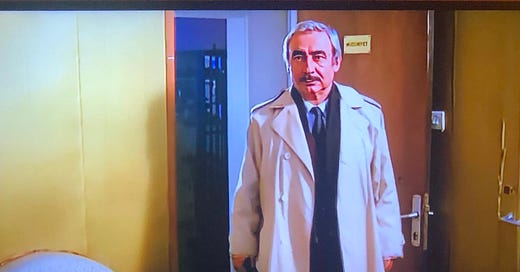



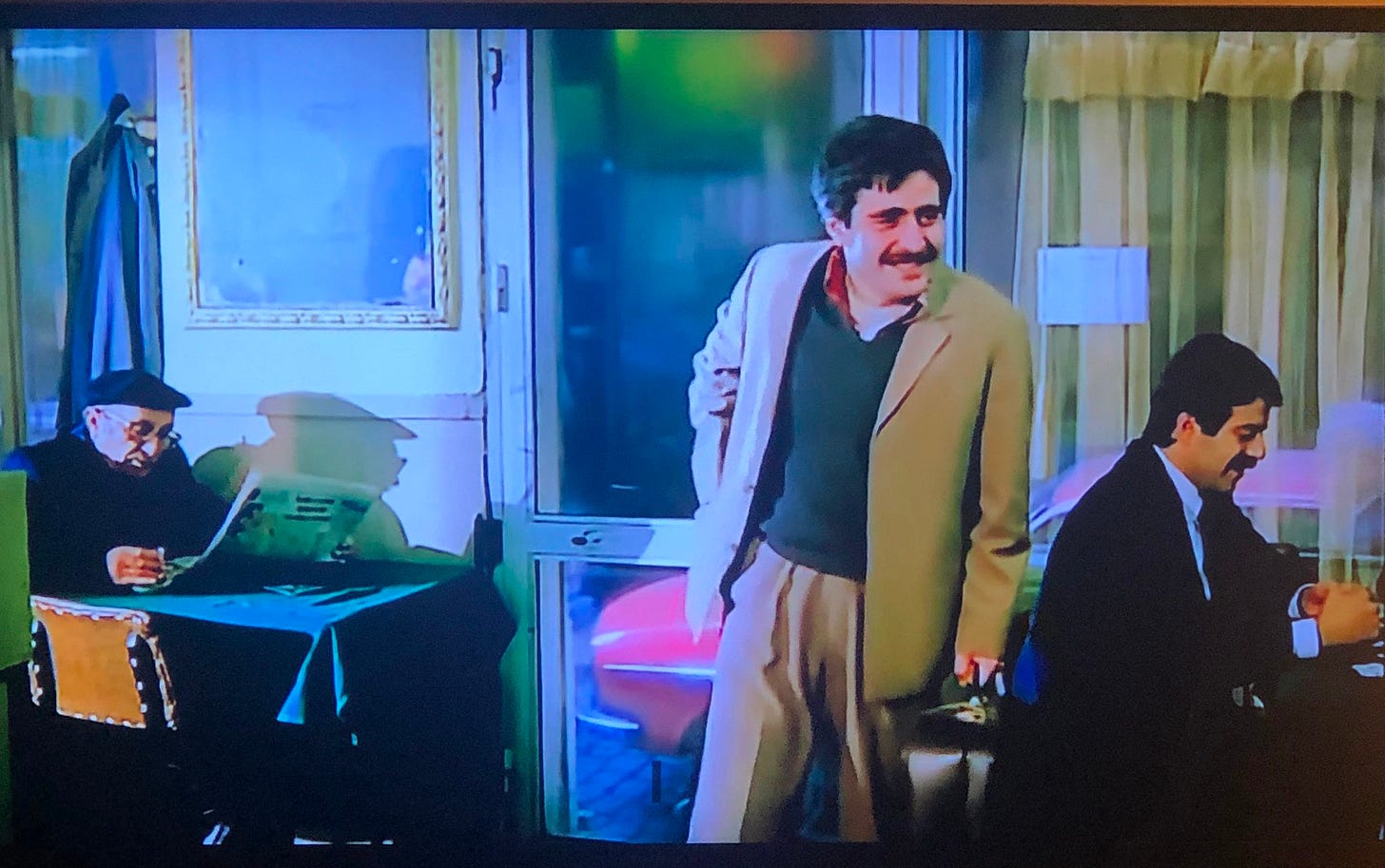
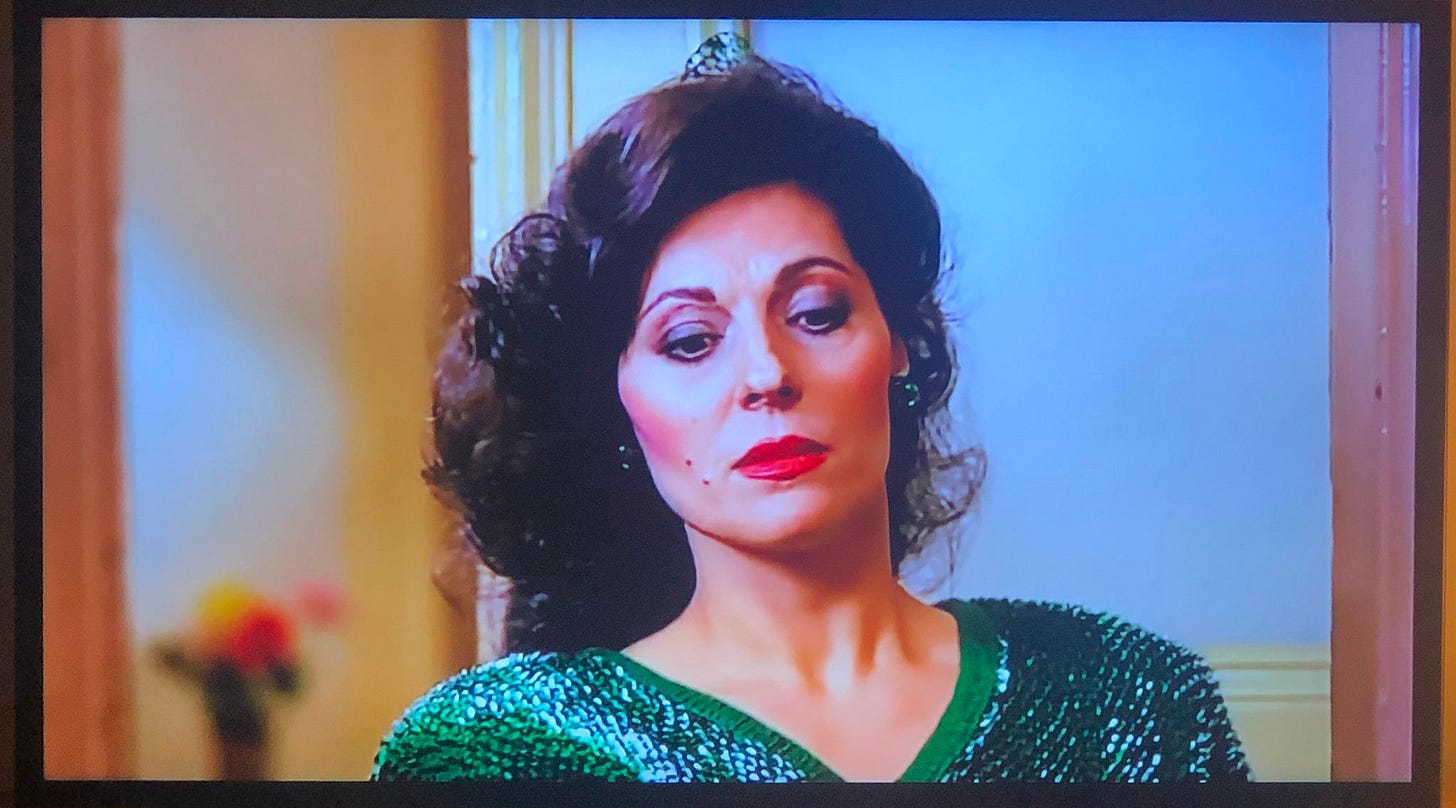
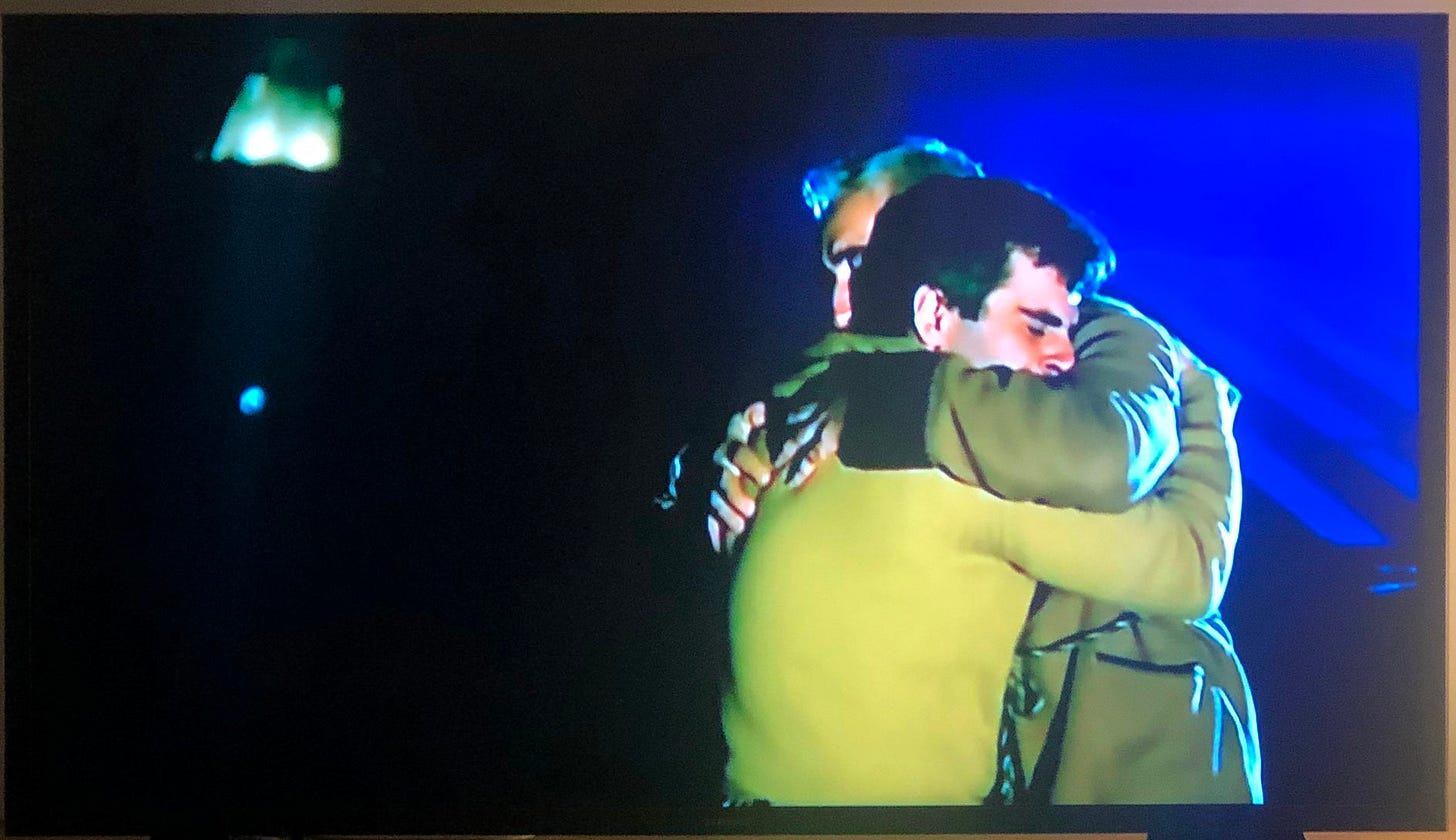

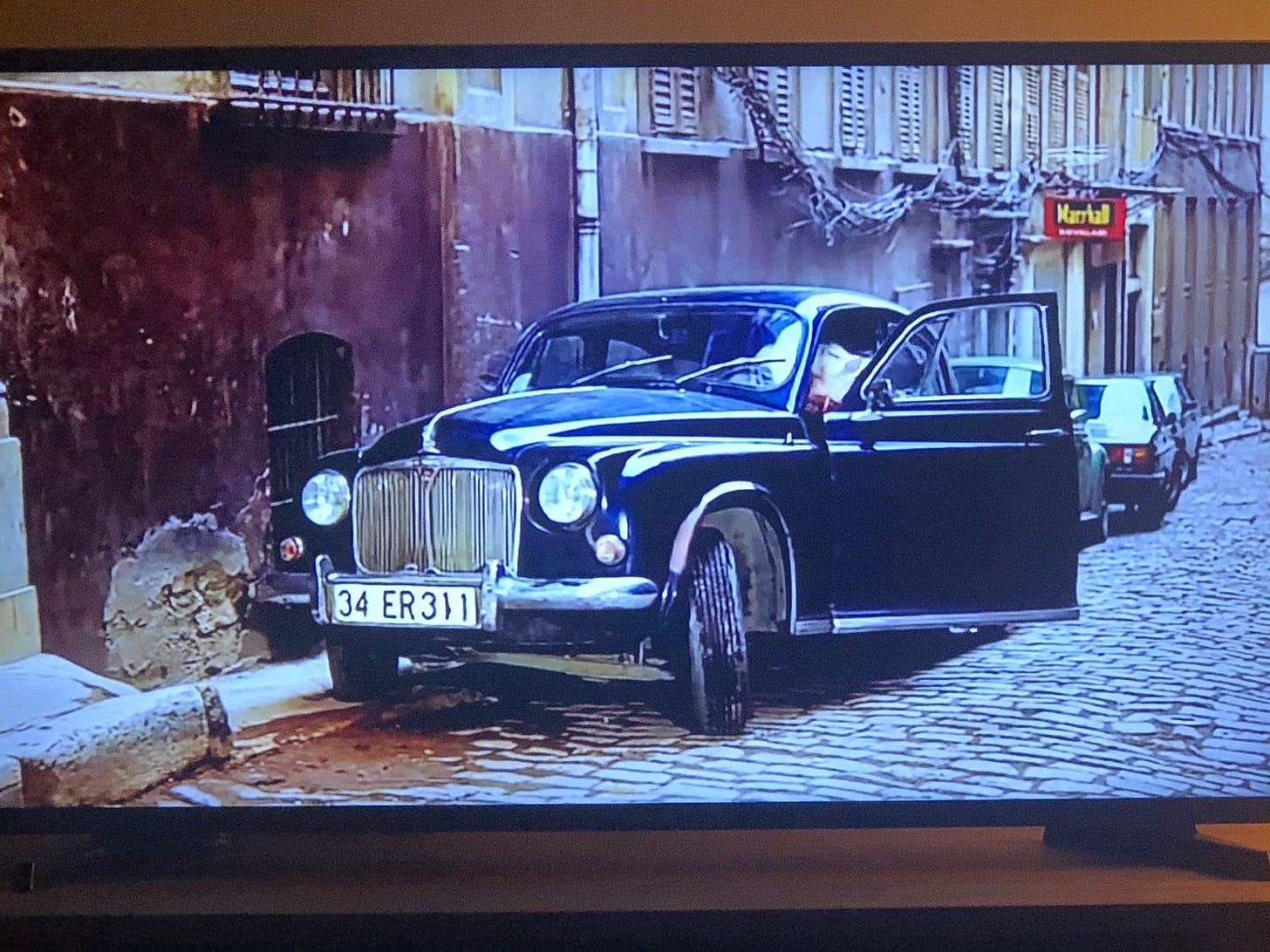
I lived through the Arabesk challenges of Istanbul (as a naive fan of the music and a passenger in those famous fringed minibus arabesk speaker systems that were the only transportation to some neighborhoods) and yet I have never seen this movie -- I can't wait to watch it! Thanks for your always perceptive commentary.
Good old times: İstanbul without refugees and US agents...